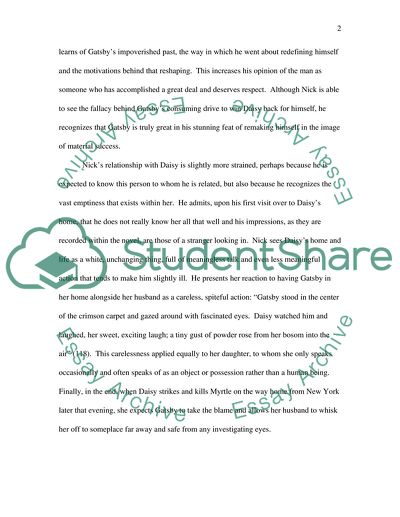Cite this document
(“Perspective in The Great Gatsby Essay Example | Topics and Well Written Essays - 1000 words”, n.d.)
Perspective in The Great Gatsby Essay Example | Topics and Well Written Essays - 1000 words. Retrieved from https://studentshare.org/literature/1538896-perspective-in-the-great-gatsby
Perspective in The Great Gatsby Essay Example | Topics and Well Written Essays - 1000 words. Retrieved from https://studentshare.org/literature/1538896-perspective-in-the-great-gatsby
(Perspective in The Great Gatsby Essay Example | Topics and Well Written Essays - 1000 Words)
Perspective in The Great Gatsby Essay Example | Topics and Well Written Essays - 1000 Words. https://studentshare.org/literature/1538896-perspective-in-the-great-gatsby.
Perspective in The Great Gatsby Essay Example | Topics and Well Written Essays - 1000 Words. https://studentshare.org/literature/1538896-perspective-in-the-great-gatsby.
“Perspective in The Great Gatsby Essay Example | Topics and Well Written Essays - 1000 Words”, n.d. https://studentshare.org/literature/1538896-perspective-in-the-great-gatsby.


